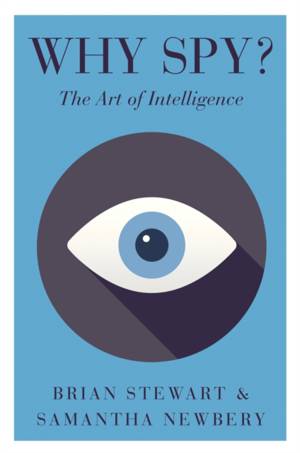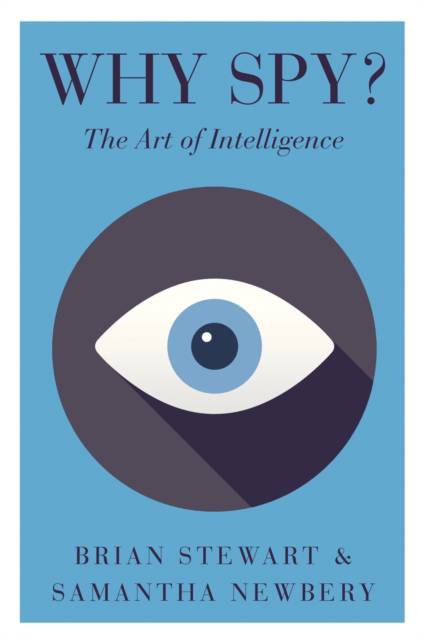
Bedankt voor het vertrouwen het afgelopen jaar! Om jou te bedanken bieden we GRATIS verzending (in België) aan op alles gedurende de hele maand januari.
- Afhalen na 1 uur in een winkel met voorraad
- Gratis thuislevering in België vanaf € 30
- Ruim aanbod met 7 miljoen producten
Bedankt voor het vertrouwen het afgelopen jaar! Om jou te bedanken bieden we GRATIS verzending (in België) aan op alles gedurende de hele maand januari.
- Afhalen na 1 uur in een winkel met voorraad
- Gratis thuislevering in België vanaf € 30
- Ruim aanbod met 7 miljoen producten
Zoeken
€ 32,45
+ 64 punten
Omschrijving
Why Spy? is the result of Brian Stewart's seventy years of working in, and studying the uses and abuses of, intelligence in the real world. Few books currently available to those involved either as professionals or students in this area have been written by someone like the present author, who has practical experience both of field work and of the intelligence bureaucracy at home and abroad. It relates successes and failures via case studies, and draws conclusions that should be pondered by all those concerned with the limitations and usefulness of the intelligence product, as well as with how to avoid the tendency to abuse or ignore it when its conclusions do not fit with preconceived ideas. It reminds the reader of the multiplicity of methods and organisations and the wide range of talents making up the intelligence world. The co-author, scholar Samantha Newbery, examines such current issues as the growth of intelligence studies in universities, and the general emphasis throughout the volume is on the necessity of embracing a range of sources, including police, political, military and overt, to ensure that secret intelligence is placed in as wide a context as possible when decisions are made.
Specificaties
Betrokkenen
- Auteur(s):
- Uitgeverij:
Inhoud
- Aantal bladzijden:
- 288
- Taal:
- Engels
Eigenschappen
- Productcode (EAN):
- 9781787383357
- Verschijningsdatum:
- 15/05/2020
- Uitvoering:
- Paperback
- Formaat:
- Trade paperback (VS)
- Afmetingen:
- 137 mm x 213 mm
- Gewicht:
- 294 g

Alleen bij Standaard Boekhandel
+ 64 punten op je klantenkaart van Standaard Boekhandel
Beoordelingen
We publiceren alleen reviews die voldoen aan de voorwaarden voor reviews. Bekijk onze voorwaarden voor reviews.









